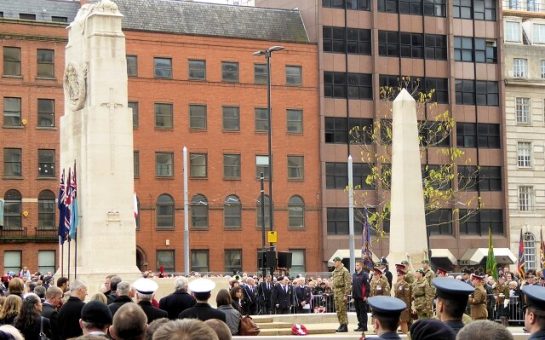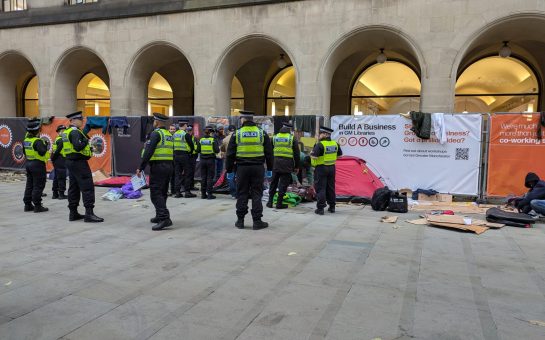The 11th hour of the 11th day of the 11th month marked the jubilant end of the First World War and triumph for Britain and the Allies.
After fighting for four years, The Great War – which left nine million soldiers dead and 21 million wounded – ceased as German forces had exhausted their supplies and manpower. They also faced an imminent invasion and internal revolution.
The armistice itself was agreed upon at 5am, with the first term of it being that fighting would end at 11am when the treaty came into effect.
The principle points of the armistice included the evacuation of German-occupied territories on the Western Front within two weeks, Allied garrisons at Mainz, Coblenz and Cologne to occupy territories, the immediate evacuation of Belgium, Alsace-Lorraine and Luxembourg, and the abandonment of the Bucharest and Brest-Litovsk Treaties.
In addition, it forced Germany to accept the blame for WW1 and pay billions in reparations.
Germany was also forced to surrender 5,000 guns, 2,000 aeroplanes, disarm six battle cruisers, ten battleships, eight light cruisers, 50 destroyers and were stripped of its entire submarine fleet.
The Allies further reserved the right to occupy Heligoland, to enable them to enforce the terms of the armistice.
The signing of the Armistice took place in the remote location of French military commander Ferdinand Foch’s railway carriage in the Forest of Compiègne, about 37 miles north of Paris.
The end of the four year battle – which resulted in at least five million civilian deaths from disease, starvation and exposure – was met with public celebrations across the country.
King George V addressed the huge crowd outside Buckingham Palace in response to cries of ‘We want the King!’, whilst American troops flooded Downing Street in jubilation.
The date would forever become known as Armistice Day.



